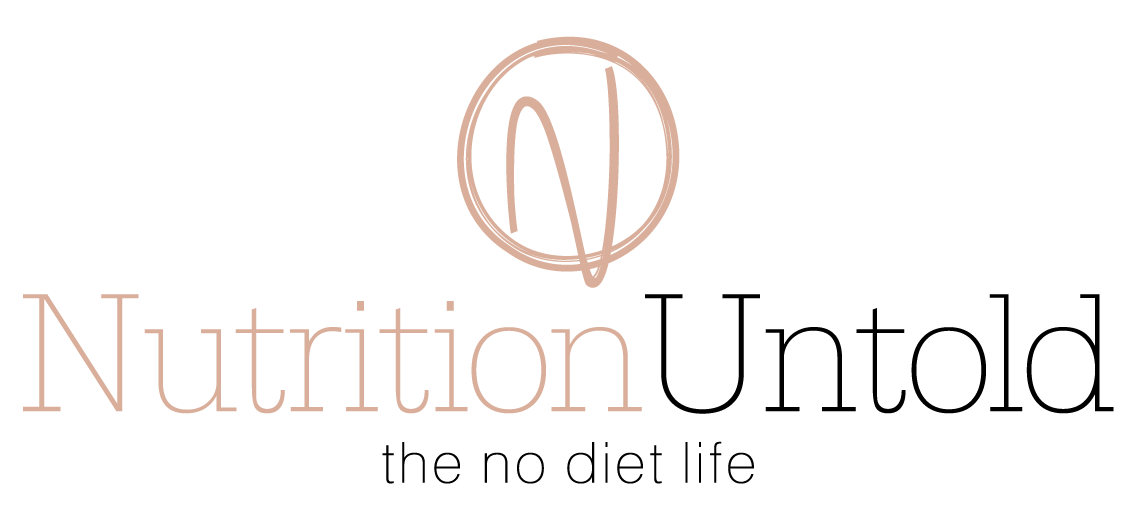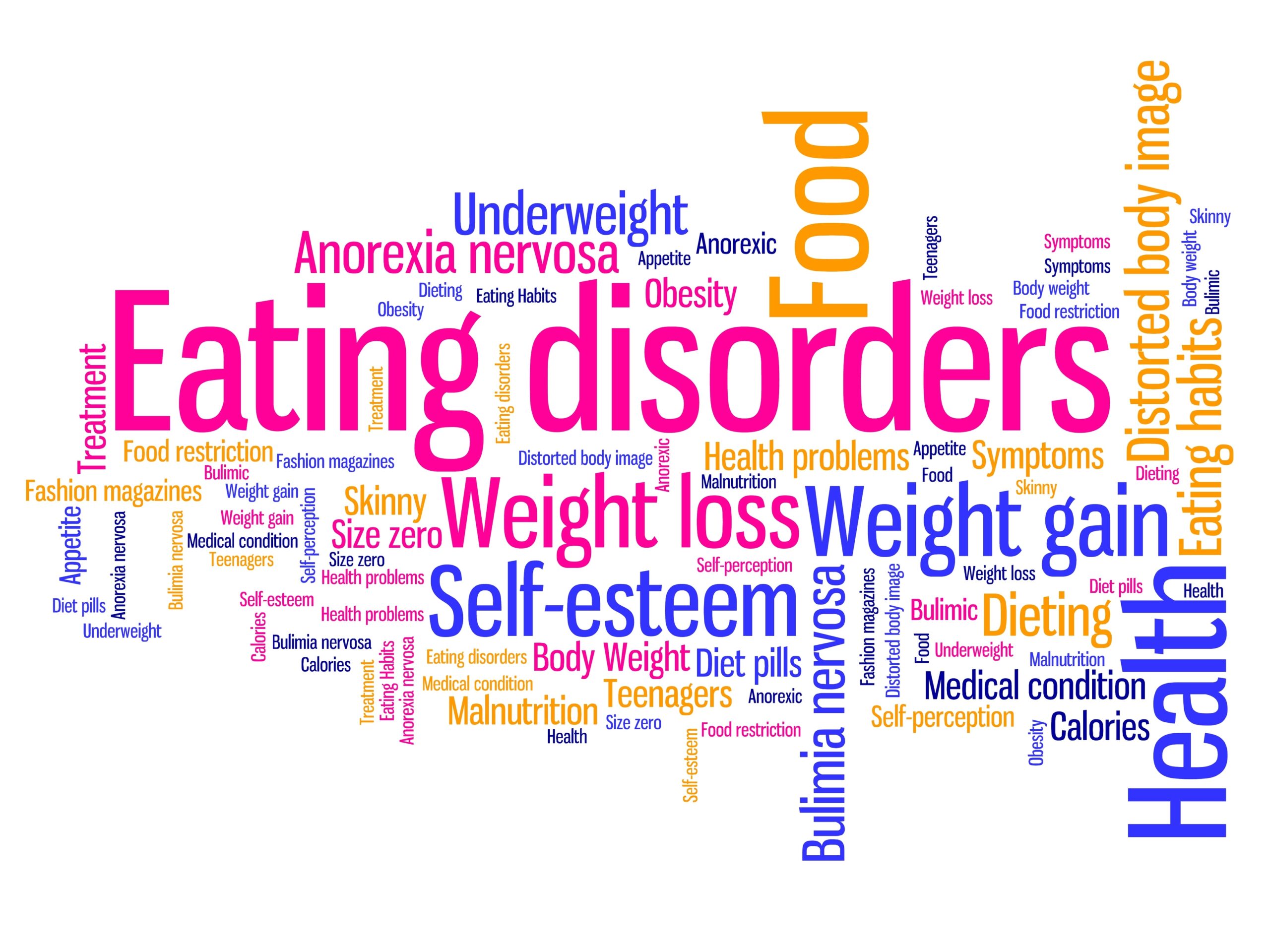Bulimia is a serious mental illness and eating disorder that can affect your body, overall health, relationships, and life. People who have bulimia go through periods where they eat a lot of food in a very short period of time (binge eating) and then make themselves sick by vomiting, using laxatives, or exercising excessively; sometimes it can also be a combination of all of the above.
Most often bulimia happens in secret and many times it starts by accident; anyone can get bulimia, but it is more common in young people aged 13 to 17.
Recovering from bulimia is not always easy, but it is possible, here are a few steps you can take to help you get started:
Admit You Have a Problem:
The first step to recovering from an eating disorder is admitting you have a problem and be willing an open to change. It is important to be honest with yourself and with others as this will help you go through the ups and downs of healing.
Get Help from A Professional Qualified Team in Eating Disorders:
There are so many different types of treatments for bulimia out there, it is important to find one that is right for you. Find a team of certified eating disorder practitioners that work in a multi-disciplinary approach and most importantly make sure you relate to them and are comfortable talking to them.
Ideally you want a general practitioner, a psychologist, and a dietitian on board for a more multi-disciplinary approach.
Follow Nutrition Rehabilitation and A Recovery Meal Plan:
One of the first steps in recovery is following a structured well-balanced eating plan that contains enough protein and carbohydrates to help balance your sugar levels and control your cravings. Keeping track of your food intake through a food diary is another important tool you will need as this helps you recognize your triggers, patterns for bingeing and understand your emotions. Throughout the process, you will also learn about mindful eating and listening to your fullness and hunger levels.
Learn New Ways to Cope With Your Emotions, Stress and Anxiety:
Most eating disorders develop as a coping mechanism to help you deal with emotions and feelings. Through therapy it is important to learn other ways to help you release stress and anxiety such as journaling, reading, self-care strategies, listening to music, socializing, meditation etc. Another important thing to learn is how to sit with your feelings, how to feel the fear, feel the emotions, process and accept them and release them. This is one of the most important changes you need to make to help you overcome bulimia as it is a key factor in driving the eating disorder. Search for Bulimia Treatment Expert to find the right therapists for you.
Learn to Accept Your Body and Love Yourself:
With eating disorders, we tend to have distorted beliefs about what are body really looks like, we also tend to over-critic ourselves and obsess over the flaws we see in our body. One of the biggest breakthroughs in recovery is accepting our body the way it is, accepting our genetic blueprint, embracing our flaws and realizing no one is perfect.
Self-love is another critical thing you must learn ad that is the basis for self-care and self-worth. Knowing you deserve to recover and loving yourself for who you are is an important driver in the healing process.
Finally…
Throughout your recovery process understand that you did not develop your eating disorder overnight and so your behaviours and feelings about food will not disappear overnight either. Recovery is not a straight path, there will be ups and downs and you will go through some good days and bad days. Some days you will feel accomplished, other days you will be on the verge of a relapse, but if you keep going despite all this, you will get there for sure!
For Bulimia Treatment, feel free to reach out to [email protected].


